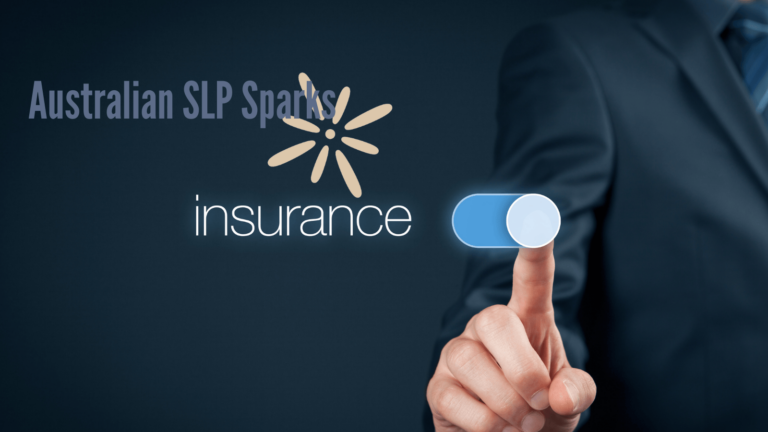Speech pathologists should consider notifications and continuity of supports for clients over the holiday period
As we approach the holiday season, a few reminders: Here’s what we say: Read more: NDIS Practice Standards and Quality Indicators (Version 4), Core Module 2.





